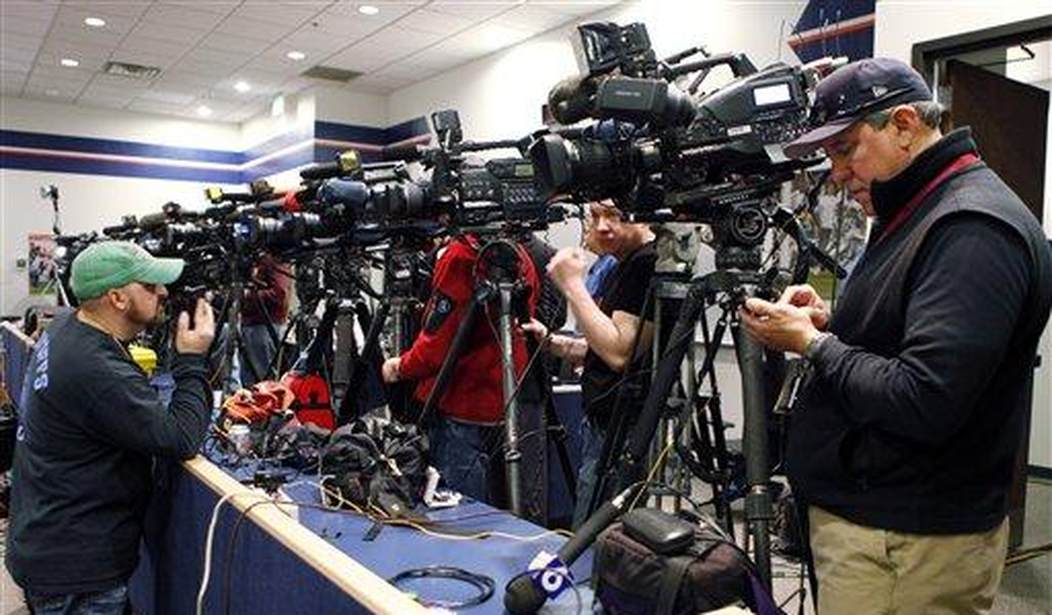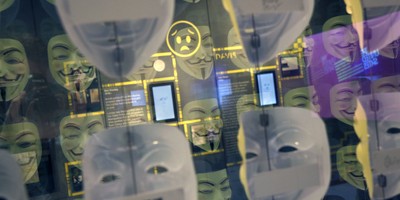For more than three decades, I had the privilege of working in the news industry, bringing stories into the homes of everyday Americans. Journalism is a profession that I have always respected. At its best, it can unite, inform, and inspire. But something has changed, and not for the better. Over the years, I witnessed firsthand how the media shifted from the role of informing the public to one where division, sensationalism, and political activism take center stage. I watched the media landscape change drastically, pushing fear and division instead of truth and integrity. This shift didn't just disturb me — it fueled my decision to run for public office. I knew that if I wanted to make a real difference, I needed to step out from behind the camera and actively fight for the values of honesty and unity that our country desperately needs.
The Shift in Media Focus
When I started in journalism, the mission was clear: report the facts, hold power accountable, and inform the public. Newsrooms emphasized objectivity and balance, and reporters strived to give their audiences a clear and accurate picture of the world around them. However, I watched the media landscape change dramatically over the past two decades. The rise of the 24-hour news cycle, the influence of social media, and the relentless pursuit of ratings began to erode the core values of journalism.
Journalists were replaced with activists. Truth, replaced with propaganda. Towing the government line, refusing to question narratives that didn’t make sense, pushing political agendas became the norm in newsrooms. Stories that fueled fear, anger, and outrage became more common because they brought higher ratings. Conflict, it seemed, sold better than clarity. The shift was subtle at first, but it accelerated as news organizations increasingly prioritized clicks and views over responsible reporting. The media, once a source of trusted information, began to morph into a tool for division.
The Dangerous Consequences of Rhetoric
We now live in an era where the consequences of this divisive rhetoric have become too dangerous to ignore. The relentless drumbeat of fear and outrage has poisoned our public discourse, leaving Americans more polarized than ever. When every issue is framed as an existential threat and when every political opponent is demonized, we create an environment ripe for conflict.
Recommended
The dangers of this rhetoric are not hypothetical. We have seen assassination attempts on public officials, violent confrontations at rallies, and threats against everyday citizens who are choosing to become politically active. The media’s role in fueling this division cannot be overlooked. Constantly framing political debates as a battle between democracy and dictatorship pushes people to extremes. It encourages the belief that anyone who disagrees with you is not just wrong, but dangerous.
I am not saying the media is solely to blame for all of society’s ills, but it plays a significant role in shaping how we perceive the world. When media outlets consistently push inflammatory narratives, they bear some responsibility for the real-world consequences that follow.
The Role of Responsibility in Journalism
Journalists have a responsibility to report the truth, not to incite fear. Yet, too often, the line between news and opinion has been blurred. Reporters and pundits alike deliver stories with a spin that serves to divide rather than inform. What happened to the journalistic oath to “seek truth and report it”? What happened to balanced reporting, where both sides of a story were given fair treatment?
As journalists, we must recommit to the values that made this profession honorable in the first place. Accuracy must always come before speed. The goal should be to inform, not inflame. They should not dehumanize politicians whose ideology the journalist may be opposed to. This responsibility lies not just with the reporters but with editors and news directors as well. Newsrooms need to foster environments where ethical reporting and accountability are more important than clicks and ratings.
A Path Forward
While the media played a significant role in creating today’s climate of division, it also has the power to reverse it. But it will require a shift in focus. First, we must demand more from our news organizations. The public should hold journalists to the highest standards of integrity and refuse to engage with media outlets that prioritize sensationalism over truth.
Newsrooms themselves must take steps to restore trust. This includes more transparency about how stories are reported, editorial independence from corporate or political pressures, and a renewed commitment to balanced reporting. Most importantly, we must return to the idea that journalism is a public service, not a product to be sold to the highest bidder. Returning to a time when government propaganda was not permitted would be a great start. Let journalists get back to digging for the truth, questioning government narratives and seeking solid information that betters our country instead of tearing at the fabric of it.
I still believe in the power of journalism to unify rather than divide. I’ve seen the good it can do, and I know that it can return to its roots as a force for good in our society. But it will take a collective effort—from journalists, news organizations, and the public—to move away from the current climate of division. It’s time for all of us to demand better and to start rebuilding trust, one story at a time.
Kari Lake is a former award-winning journalist with over two decades of experience in newsrooms across America and the Republican Nominee for United States Senate in Arizona.

























Join the conversation as a VIP Member